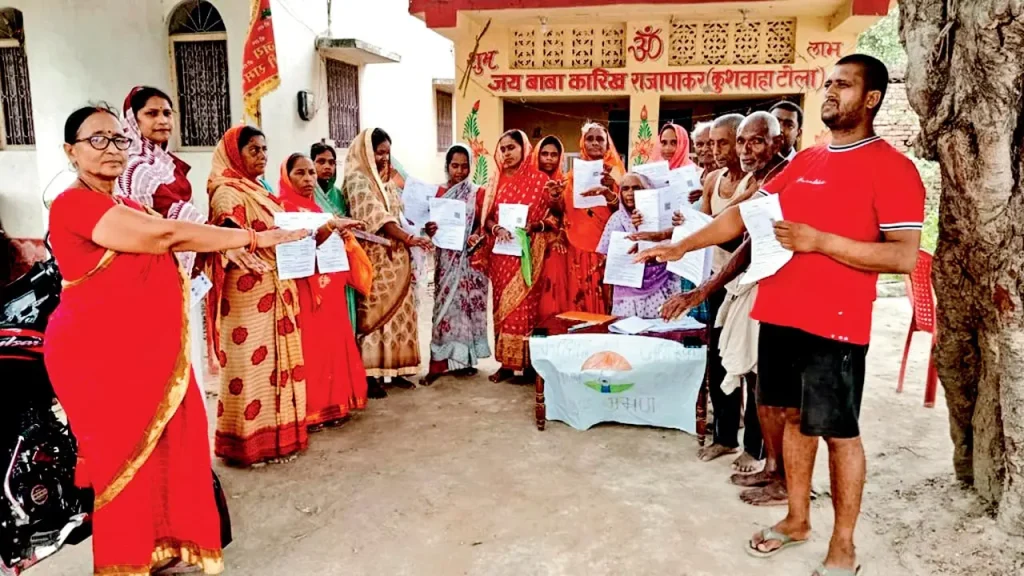Understanding the Electoral Landscape in Bihar
Bihar, one of India’s politically vibrant states, has often witnessed complex interactions between the Election Commission of India (ECI) and grassroots political actors, commonly referred to as subalterns. These dynamics reveal much about the challenges of democracy in diverse and multifaceted societies.
The Role of the Election Commission of India
The ECI is the constitutional body responsible for administering free and fair elections across India, including Bihar. It aims to ensure transparent electoral processes, uphold voter rights, and mitigate malpractices. However, enforcing these mandates in Bihar’s politically charged environment presents unique challenges.
Who Are the Subalterns?
Subalterns typically refer to marginalized groups and local power brokers who influence politics at the grassroots level. In Bihar, this includes caste-based leaders, rural influencers, and various socio-political organizations that play a critical role in mobilizing voters and shaping electoral outcomes.
Conflicts and Challenges
The tussle between the ECI and subaltern actors stems from differing priorities. While the ECI focuses on institutional fairness and legal compliance, subaltern groups often operate through informal networks and local power dynamics that can conflict with official procedures. This clash sometimes leads to accusations of electoral manipulation, coercion, and violence.
Historical Context and Recent Developments
Bihar’s electoral history is marked by episodes where the ECI had to intervene decisively to maintain order. From deploying additional security forces to postponing elections in sensitive areas, the Commission’s actions reflect ongoing efforts to navigate the state’s complex political terrain. Recent elections have seen increased monitoring and voter awareness campaigns aimed at empowering citizens.
Implications for Democracy and Governance
The interaction between the ECI and subalterns in Bihar highlights broader themes about democratic participation and inclusivity. While the subalterns ensure representation of marginalized voices, their methods often test the limits of democratic norms. Balancing institutional authority with grassroots realities remains a continuing challenge.
Conclusion: Toward a More Inclusive Electoral Process
Strengthening democracy in Bihar requires nuanced approaches that respect local dynamics while upholding constitutional principles. Enhanced dialogue between the ECI and community leaders, improved voter education, and stringent enforcement of electoral laws are key to fostering a more transparent and participative political culture.
Source: Mid-day

